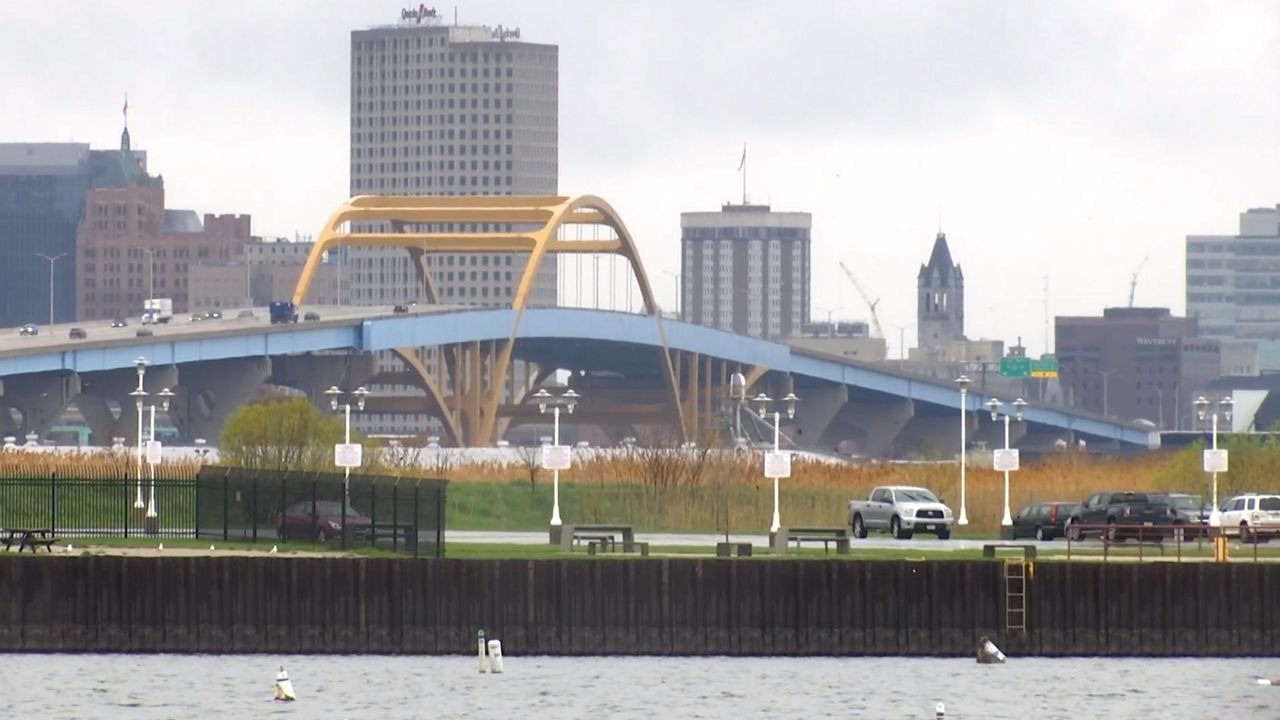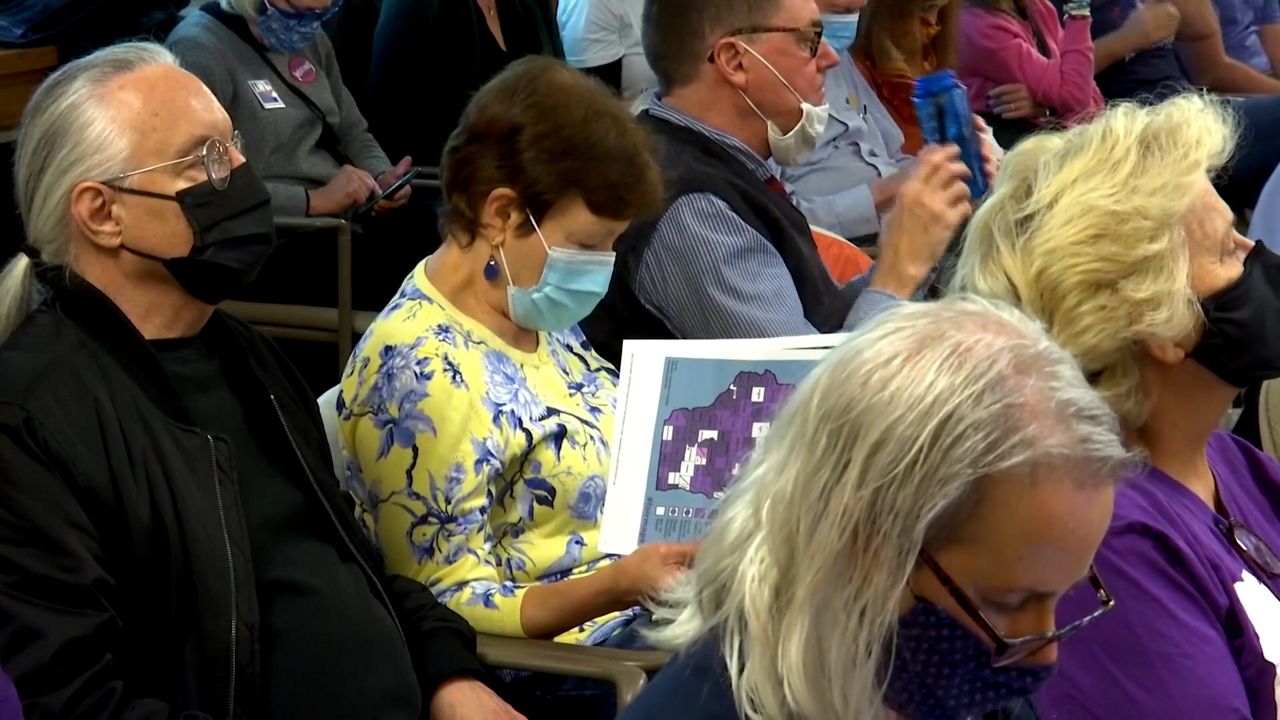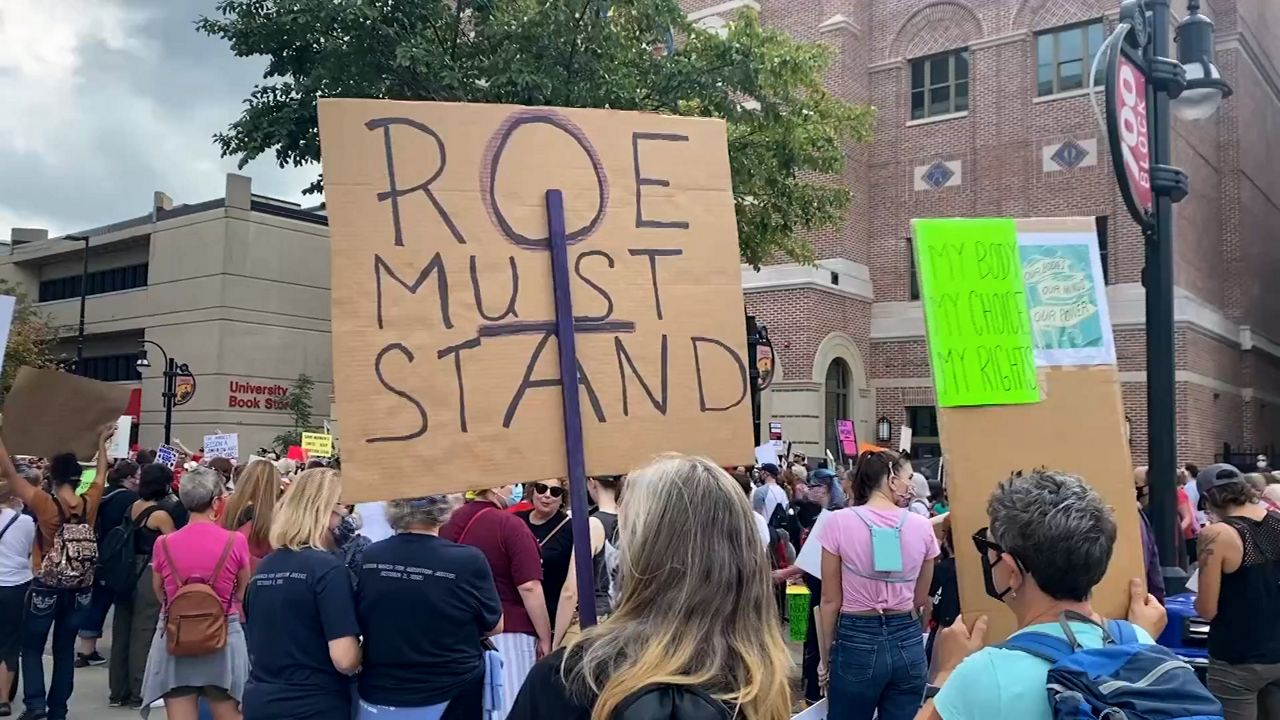MADISON, Wis. — Wisconsinites headed to the polls in November and ultimately decided they want more divided government in Madison.
Once again, Democrats and Republicans will have to find common ground, especially on a state budget next year.
Spectrum News 1 Political Reporter Anthony DaBruzzi sat down with Assembly Minority Leader Greta Neubauer for a conversation about compromise and the challenges that lie ahead.
You can watch the full interview above.
State Rep. Greta Neubauer of Racine took over the top leadership role from Rep. Gordon Hintz of Oshkosh mid-biennium, which means this will be her first full two-year term at the helm of the caucus.
For her and fellow Democrats, there are three major priorities going into 2023.

“The first is to continue to put forward a visionary, inclusive policy agenda that would really improve the lives of the people of our state,” Neubauer explained. “And then secondly, we will do everything we can to work across the aisle to get that policy passed. We know a lot of people are disillusioned with politics and government right now and believe it is our responsibility to do everything we can to demonstrate that [the] government really can and must be a force for good in people's lives. And then, finally, we will continue to hold the line on Gov. Evers' vetoes.”
To accomplish those goals, Democrats will have to work with their colleagues on the other side of the aisle. Though they are in the minority, Neubauer said she doesn't believe Democrats have to be the party of “no.”
“We feel hopeful that this session we will be able to get some real things done in the legislature,” Neubauer said. “I think we can all agree that last session, with only 2% of Democratic bills even getting a hearing in the Assembly, it is not in the interest of the people of Wisconsin, and it is not good for the institution of the legislature. There has been good conversation started about local government funding, recognizing that every community in Wisconsin is impacted by the stagnant resources they have been receiving from the state, and many getting to a critical place. We hope in areas of water quality and caregiving, and child care, transit, there are places for us to find common ground this session.”
Assembly Democrats managed to stave off a narrow supermajority for Republicans during November's election. Now, Republicans lack enough votes to override vetoes by Gov. Tony Evers, but that was not an easy safeguard for Democrats to earn.

“We spent a lot of time and a lot of energy knocking on doors and talking to voters,” Neubauer explained. “The reality is that Wisconsin's maps are incredibly gerrymandered. When every statewide election was decided within a few percentage points, right? Pretty close to 50%, and yet, in the state Senate there is a Republican supermajority, and we are just two seats away in the state Assembly. You know that something is off.”
As lawmakers come back to the floor in January, there will be plenty of opportunities for compromise. However, that doesn't mean consensus will be found between the two parties. Even so, Neubauer said she remains optimistic.
“I think it's really, really important, again, that we pass policy that concretely improves people's lives in Wisconsin, and my hope is that we will be able to overcome some of the challenges we faced in the last couple of years in terms of polarization and partisanship, and actually get some good things done in Madison,” Neubauer said.
As Neubauer reflects on the past and what Democrats accomplished, she said it is difficult to focus on just one thing. However, for her, holding the line and blocking policies might be more important than what passed.

“There were proposals put forward that would have really damaged the future of the state of Wisconsin, like having more guns in schools or further attempts to undermine our democracy, and we are really proud that we were able, both in the session and then through our work in the election cycle, to prevent that supermajority, to prevent veto overrides and to make sure that we are holding the line and providing opportunities for our state to move forward in the years to come,” Neubauer explained.



